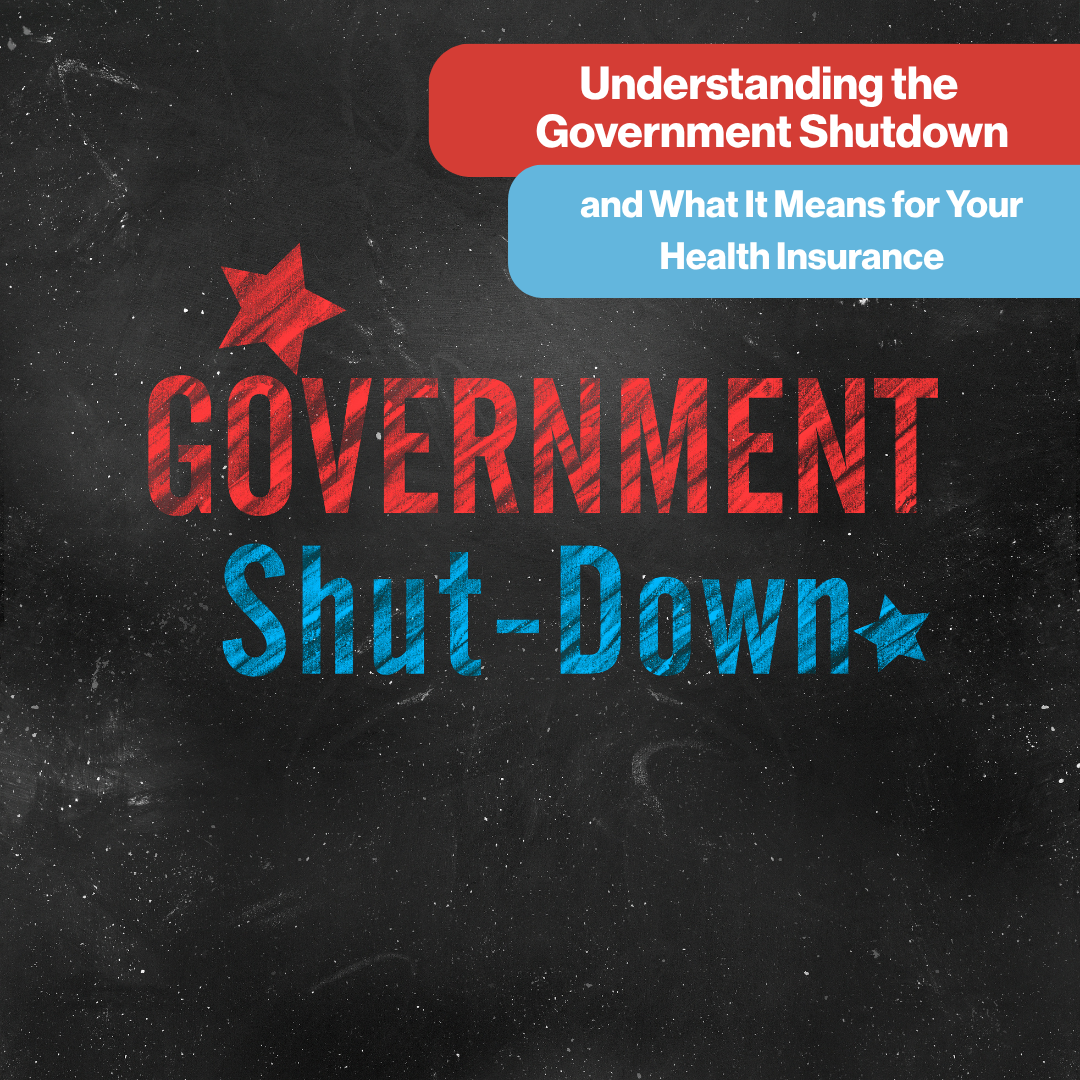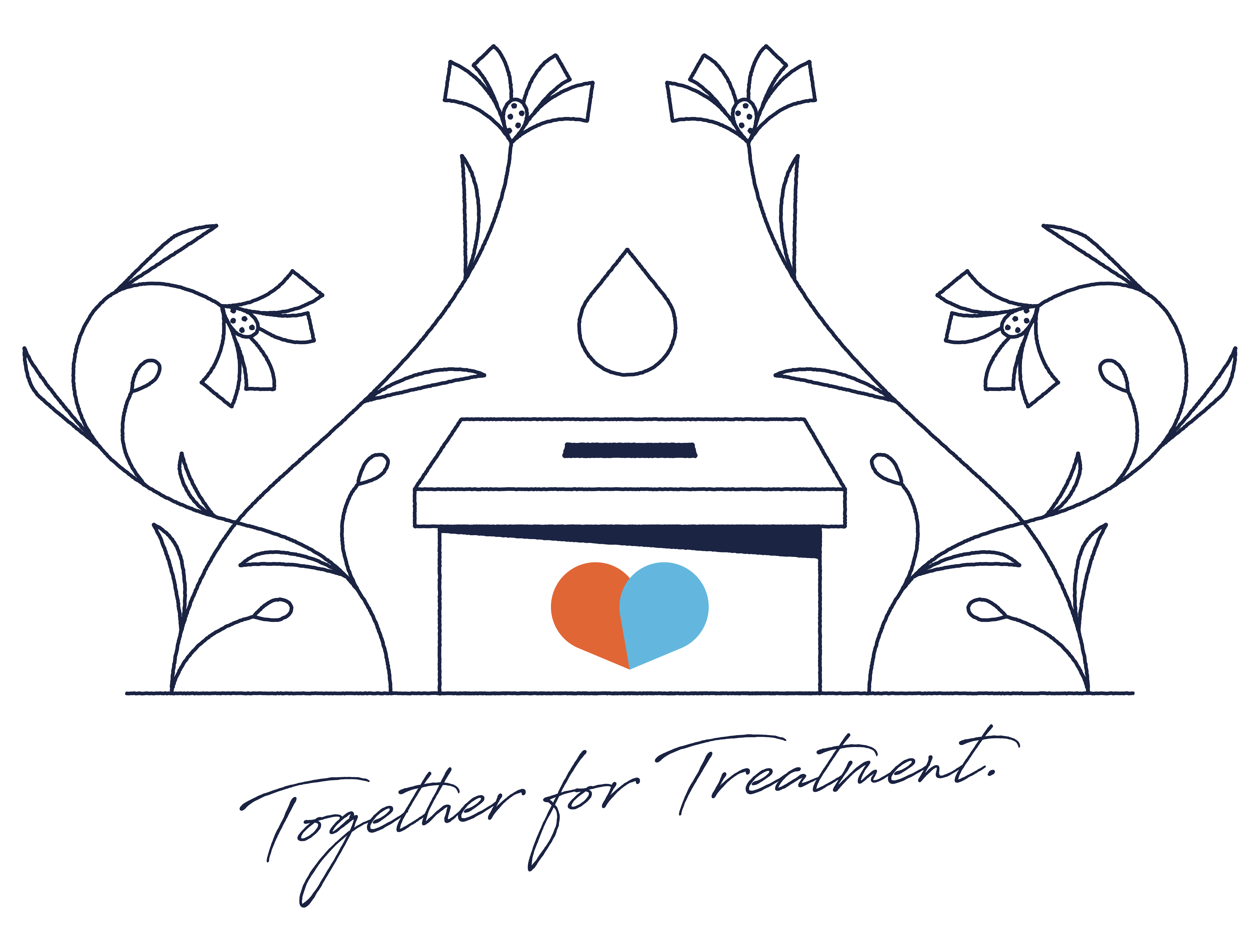On October 1, 2025, the federal government shut down, and two weeks later, hundreds of thousands of federal workers are going unpaid, and important government services remain on hold. The deal making in Washington often feels distant, but the reason behind this shutdown affects something much closer to home for millions of Americans: the cost of health insurance.
In the simplest terms, lawmakers cannot agree on whether to extend financial help that makes health insurance more affordable for about 24 million Americans. If Congress doesn’t act by December 31, those enrolled in Affordable Care Act plans (also known as ACA, ObamaCare, or Marketplace plans) could see their insurance premiums double or even quadruple in just a few months.
What Are Premium Tax Credits?
Premium tax credits are federal subsidies that reduce monthly insurance costs for moderate-income Americans purchasing coverage on the ACA marketplace. In other words, it is money from the federal government that helps people afford health insurance.
Here’s how they work: When you buy health insurance through the ACA marketplace (the government website where you shop for insurance plans), the government assesses your income. If you make between approximately $15,000 and $60,000 per year as a single person, you may qualify for help paying your monthly premium. Families can qualify at higher income levels.
The government calculates how much you should pay based on your income, and then pays the rest directly to your insurance company each month while you only pay your portion. For example, if your insurance costs $500 per month but you only make $25,000 per year, the government might pay $450 and you only pay $50.
Right now, these tax credits are more generous than they used to be. During the Biden administration, Congress voted twice to increase the amount of help people receive. This made insurance much more affordable, and the number of people with marketplace insurance nearly doubled from about 11 million in 2020 to 24 million in 2024.
Who Uses These Tax Credits?
The beneficiaries of the premium tax credits must be U.S. citizens or certain lawfully present immigrants who have an individual income at least as high as $15,650 or $32,150 for a family of four. Individuals must not be eligible for Medicaid, Children’s Health Insurance Program, Medicare, or military coverage. They also cannot have access to insurance through their employer. However, there are certain exceptions in cases when the employer plan is unaffordable.
What Happens When the Tax Credits Expire?
The enhanced premium tax credits are set to expire on December 31, 2025. If Congress doesn’t extend them, insurance companies will start sending notices to customers in the coming weeks showing much higher premiums for 2026.
According to the Kaiser Family Foundation, premiums will double on average. A family of four making $55,000 per year could see their insurance costs increase four times what they’re paying now. This is what policy experts call “premium shock.” When premiums increase this dramatically, many people may choose to drop their insurance because they simply can’t afford it.
Why This Matters for Infusion Patients
For patients who receive infusion therapies, these premium increases could be even more significant. Infusion treatments for conditions like autoimmune diseases and other chronic illnesses are expensive. Because of this, infusion patients often choose health insurance plans with higher monthly premiums but lower deductibles. They know they’ll likely meet their deductible each year because of their treatment costs, so it makes financial sense to pay more each month for better coverage.
If premiums double or quadruple, infusion patients face a difficult choice. They could keep their better coverage and pay dramatically higher premiums, switch to cheaper plans with much higher deductibles and out-of-pocket costs, or go without insurance altogether. None of these options are good for individuals and families who depend on expensive, ongoing medical care.
When patients lose insurance coverage or switch to plans with higher deductibles, it can delay necessary treatments or force patients to skip medications they need.
Why Is the Government Shut Down Over This?
The shutdown is happening because Democrats and Republicans disagree about when to address the expiring tax credits.
Republicans passed a “clean” continuing resolution (CR) in the House. A CR is a temporary funding bill that keeps the government running at current spending levels. Republicans want Democrats to vote for this CR to reopen the government, and then negotiate about the premium tax credits later.
Democrats refuse to vote for the CR without a guarantee that the tax credits will be extended. They have several reasons for this position.
First, Democrats are concerned about two tools the Trump administration has been using: rescissions and impoundments. Rescissions are when Congress votes to take back money it already approved, and they only need a simple majority vote instead of the usual 60 votes needed for most legislation. Impoundments are when the president simply refuses to spend money that Congress approved.
Democrats worry that if they agree to a funding deal now, Republicans could use rescissions to undo parts of the agreement later, or the president could refuse to spend the money through impoundment. This has already happened with some programs, creating a breakdown in trust.
Second, Democrats don’t want to lose their leverage. Right now, they have the power to keep the government closed until there’s an agreement on the tax credits. If they reopen the government first, they lose that leverage, and there’s no guarantee Republicans will negotiate later.
Third, time is running out for patients. Insurance companies are already starting to send notices to customers about their 2026 premiums. Open enrollment for the ACA Marketplace, when people choose their health insurance for the next year, begins on November 1. Democrats argue that waiting until after the government reopens means people will already be receiving their premium notices, making it harder to fix the problem in time.
Republicans counter that they’re willing to negotiate and understand this is a problem, but they won’t be “held hostage” during a government shutdown. Senate Majority Leader John Thune and House Speaker Mike Johnson have both acknowledged that premium increases are a concern, but they insist the government must reopen first.
Polls show that 78% of Americans support extending the premium tax credits, indicating that this is not a partisan issue among voters, even though it has become a partisan fight in Congress.
What Should You Expect?
In the coming weeks, if you have insurance through the ACA marketplace, you should watch for notices from your insurance company about your 2026 premiums. These notices will show you what your insurance will cost if the premium tax credits are not extended.
If you receive infusion therapy and depend on marketplace insurance, it’s especially important to pay attention to these notices and understand your options. You may need to budget for significantly higher healthcare costs or explore whether you qualify for other programs.
The government shutdown continues with few signs of progress toward an agreement. The longer the shutdown continues, the more pressure both parties will face to reach a deal. Although the future is uncertain, what is clear is that millions of Americans are waiting to find out whether they’ll be able to afford their health insurance next year.
The Infusion Access Foundation will continue to monitor this situation and provide updates as negotiations progress. In the meantime, stay informed about your insurance options (check out our Open Enrollment Guide here) and prepare for the possibility of higher premiums in 2026.








